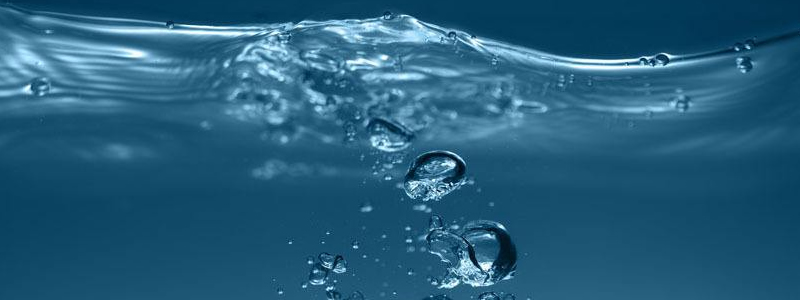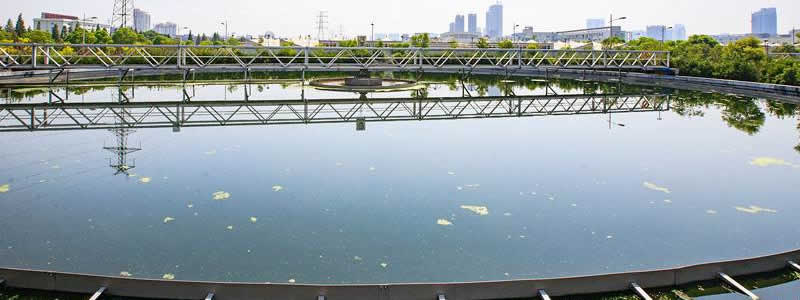
How is polyamine made?
Polyamines are synthesized from two amino acids: L-methionine and L-ornithine (an amino acid that is not found in proteins, that is produced as part of the urea cycle). In mammalian cells, putrescine is formed by decarboxylation of ornithine, a reaction catalyzed by the enzyme ornithine decarboxylase (ODC).
CAS NO.39660-17-8
Polyamine is a low molecular weight, very high charge density cationic polyamine. It is supplied as a clear to opaque liquid, low viscosity aqueous solution. It is a cationic polymer that performs well in the pH range 2.5 to 12.0.
[Application in treatment industry]
Polyamine is an organic polymer that is very effective in coagulating colloidal dispersions. It is especially effective as a deposit control agent when applied to pulp, stock, wires, or felts. It is also effective in removing organics and color from recirculating or effluent streams in pulp and paper mills. However, the most cost effective product should be selected based on a performance evaluation using the particular feed or stream intended for treatment. It may be fed neat or diluted in-line into the point of treatment.
[Dosage]
The dosage will depend upon the severity of the problem. When applied to pulp or stock for deposit control, the dosage can range from 0.25 - 2.5 Kgs of polyamine per ton of pulp or stock (dry basis).
When it is applied for control of deposits on the forming fabric, the dosage can range from 0.10 - 1.0 ml/min per 1 foot of fabric width.
[Storage and handling]
Polyamine should be stored at 10–32°C.Short-term exposure to higher or lower temperatures will not normally harm the product. If frozen, it should be warmed to 26 – 37°C. and mixed well prior to use.
The shelf life:12 months.
Keywords: Polyamine, Polyamines
Please Contact us throught: TIAN@CHEM.NET , if you are in need of this product.
 Previous
Previous  Next
Next Get answers and advice from people you want it from.